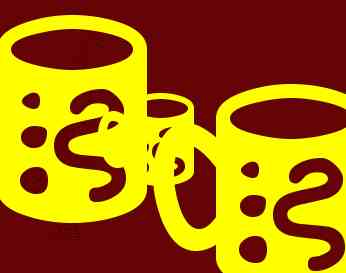
Ronald McDonald made it to La Trinidad and his gigantic M sign towers above in the flatness of the valley. Follow the main highway at night and you wouldn't miss its yellow-and-red glow. Naturally Jollibee is also nearby. My hometown has joined the rest of the McDonaldized, fastfood-professionalized world. Unlike Ronald McDonald, I am doubtful whether I should put on a happy face.
In the United States where Ronald comes from, McDonald's means cheap, quick and familiar food (burgers, fries, and a supersized Coke) for people too busy to make their own meals. Patrons are likely to be your commuters, your regular Joes and Marys. In big cities, these joints are heaven sent to minimum-wage earners and penny-pinching tourists from poorer countries.
In the Philippines, McDonalds is the harbinger of "civilization". A college student told me once that she thought her town was "uncivilized" because it had no fastfood shops like McDonalds or Jollibee. A businessman who went on the a provincial roadshow for his product said he judged the "progress" of a town by the presence of either fastfood joint. In the end, I guess they mean to say McDonalds confers a recognizable status of some sort. It means that the locality can sustain enough business for a multi-million peso franchise to be profitable.
But McDo is also accused of promoting obesity and bad nutrition among Americans, as documented in books like Fastfood Nation. I find it sad and ironic how La Trinidad, the famed Salad Bowl of the Philippines, would have a gigantic fast food sign as the town's virtual landmark. McDo is not to blame though because it is just following its business instincts. It's just that the town's planners and leaders cannot match McDo's good business sense with astute regulatory sense.